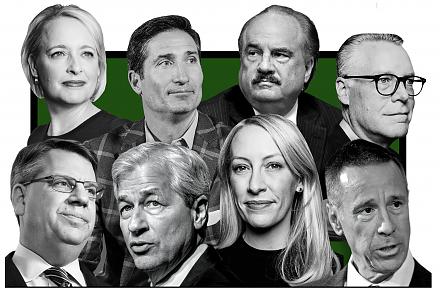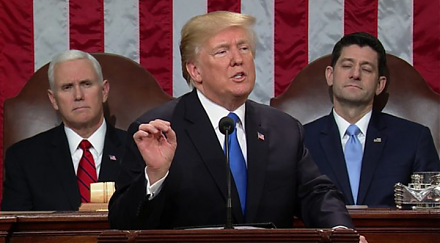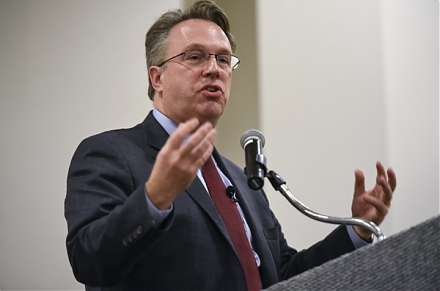

2019-10-23 15:39:00 Wed ET
technology social safety nets education infrastructure health insurance health care medical care medication vaccine social security pension deposit insurance
American CEOs of about 200 corporations issue a joint statement in support of stakeholder value maximization. The Business Roundtable offers this statement of corporate purpose in 300 words. The first 250 words focus on stakeholder value maximization before the statement mentions shareholder wealth maximization. In accordance with this joint statement, the main purpose of a corporation should be investing in both the welfare and productivity of employees, delivering key value to customers, and dealing ethically with suppliers. Also, it is practically important for U.S. corporations to promote better diversity and inclusion in the workplace. These corporations should further support social communities in America. Moreover, the corporations should help protect the environment amid substantial economic policy uncertainty, climate change, and environmental degradation.
This landmark U.S. CEO statement represents an important change in business purpose away from the prior thesis of Nobel Laureate Milton Friedman in support of solo shareholder wealth maximization. This latter emphasis reveals drawbacks and impediments to long-term sustainable business development and corporate social responsibility. In a nutshell, it is essential for U.S. corporations to serve in the best interests of employees, customers, suppliers, regulators, and other major stakeholders before these corporations disgorge cash returns to shareholders.
If any of our AYA Analytica financial health memos (FHM), blog posts, ebooks, newsletters, and notifications etc, or any other form of online content curation, involves potential copyright concerns, please feel free to contact us at service@ayafintech.network so that we can remove relevant content in response to any such request within a reasonable time frame.
2021-08-01 07:26:00 Sunday ET

The Biden administration launches economic reforms in fiscal and monetary stimulus, global trade, finance, and technology. President Joe Biden proposes s
2017-11-07 09:38:00 Tuesday ET

HPE CEO Meg Whitman has run both eBay and Hewlett Packard within Fortune 500 and now has decided to step down after her 6-year stint at the technology giant
2018-01-29 07:38:00 Monday ET

President Donald Trump delivers his first state-of-the-union address. Several key highlights touch on economic issues from fiscal stimulus and trade protect
2019-10-23 15:39:00 Wednesday ET

American CEOs of about 200 corporations issue a joint statement in support of stakeholder value maximization. The Business Roundtable offers this statement
2017-12-13 06:39:00 Wednesday ET

The Federal Communications Commission (FCC) has decided its majority vote to dismantle rules and regulations of most Internet service providers (ISPs) that
2019-01-02 06:28:00 Wednesday ET

New York Fed CEO John Williams listens to sharp share price declines as part of the data-dependent interest rate policy. The Federal Reserve can respond to